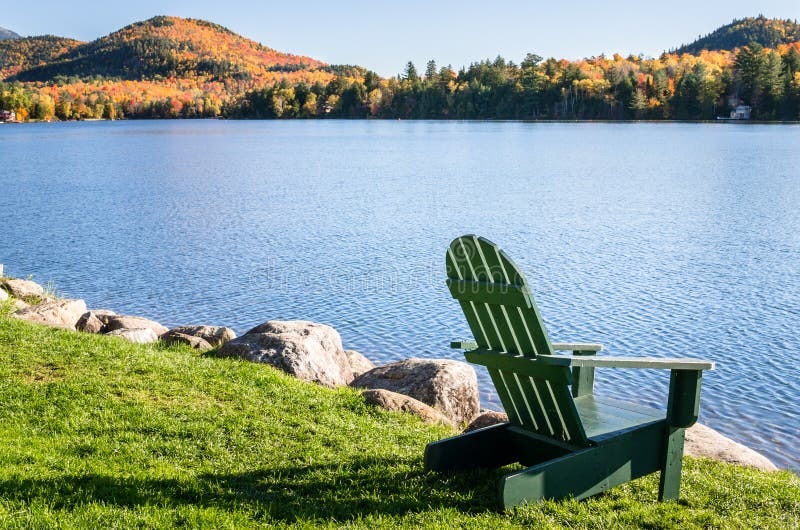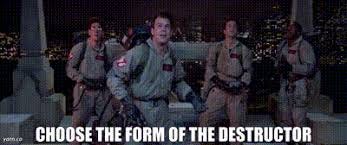When I first told Fitz I was considering writing about not voting in the presidential election, I did so sheepishly. In my circles, for whatever reason – education, upbringing, religion – to not vote is practically unheard of.
Most people I know would scoff if I told them I was thinking of sitting this one out; just Jon being an impractical contrarian again. “If you don’t vote, you don’t get to complain,” they might say. “It’s your civic duty.” “People in many other countries do not get the privilege of voting.” “You have to choose the lesser of two evils.”
All fair points that have echoed in my mind in these weeks approaching the election. But just when I thought that I would probably just refrain from writing about this election at all, certain articles started to pop up in my inbox (as they often do, creepily, as if to address the exact issue that’s been on my mind) that let me know I am far from alone in my ambivalence.
On October 25th, Wisdom of Crowds published a debate entitled, “Should Americans Vote for the Lesser of Two Evils?” followed yesterday by a podcast asking, “Is it Okay Not to Vote?” The arguments in favor of abstaining come from Muslim Americans dismayed by the United States’ unwavering support for Israel.
But it’s not just Muslims who are considering withholding their vote from both parties this election. On the podcast Theology in the Raw, pacifist author Shane Claiborne questioned how patriotic Christians ought to be, and another guest even went so far as to call voting a sin, citing global economic and military injustice perpetuated by the U.S. military-industrial complex.
Granted the above positions are on the radical end of the spectrum, but Premiere Christianity (the UK’s leading Christian magazine) cites research that says “millions of Christians won’t vote in the upcoming election.” They are simply “turned off by tribalism” and don’t like either of the major party candidates.
Our elections no longer feel political; they feel existential. It’s a culture war, plain and simple. One group is portrayed as hellbent on destroying the America we know and love, while the other allegedly longs to plunge us back into the darkness of the 19th century. I think both our major parties stoke such a catastrophized vision of the other side to score points with their supporters, and I think it’s deeply dangerous, a step in the direction of mutual dehumanization. Open up any given political Twitter thread and you’ll find that people have stopped even making arguments and counter-arguments; they simply call each other names.
Last week, the Washington Post contained yet another entry into the genre of liberal city-dwellers venturing into deep-red Appalachia only to find surprising decency and diversity among the people they meet. In this version of Red State America, drag queens can be embraced by Catholics in Oklahoma. This begs the question: If we are so fundamentally decent toward one another when presidential politics is not being discussed, why do we become such monsters when it is? Could it be possible that politics doesn’t just cater to our worst tendencies but creates them?
I don’t like the person I’ve been the last eight weeks or so: doom-scrolling, irritable, and on edge. I fear I am being manipulated more than I even realize.
A Freakonomics episode once compared our political system to a cable duopoly. You probably have just two cable/internet providers in your town, they explain, and they are both awful. There’s no real incentive to provide great service; they only strive to be slightly less terrible than their one major competitor.
I do not want to be ruled by a cynical duopoly, vote for the lesser of two evils, or be a party to any evil if I can help it. So, when it comes to affiliating myself with either of our major political parties, I willfully abstain. To be clear, I am not saying I won’t vote. Nor am I trying to dissuade any of you from casting your ballots. There are plenty of compelling arguments that make me want to fill in that little bubble. But you can read about those anywhere. Instead, I am wondering if any of you readers might also be feeling these distressing social/cultural undercurrents and might likewise be tempted to get out of the water before we get swept away.







Hey, Jon!
Nausea describes how I feel about it all. I'm certainly going to vote for the better of the two options. As one campaign poster puts it bluntly: "Kamala Harris, obviously." But, I hear what you're saying, especially about the duopoly. I'm reading a couple books right now that do not make me feel nauseous: Factfulness by Hans Rosling, and The Upswing by Robert Putnam. The former warns against (among many things) our natural human tendency to divide everything into "Us" vs "Them" or to not dichotomize everything (black/white, good/evil, rich/poor, etc.) when reality exists in the gap between extremes or in degrees of difference between poles. It does seem to me that MAGA seems to push to an extreme Right or to their base deliberately/strategically. Harris and the Dems seem to be appealing to more Center Left deliberately/strategically. More thoughts later...
The Upswing focuses on the theory that division between political and social ideologies was at a high point back in the late 19th century, slowly decreased throughout the 20th century until about 1970, then continued to increase again until our current point today. The result is this inverted U curve. Putnam also says the US broadly went from "me" to "we" and back to "me" in terms of social perspectives. This is a continuation of his theme from Bowling Alone, and again, he looks at trends in terms of social clubs, church membership, civic engagement, unions, etc. He argues that we're sort of in a second Gilded Age, and that there are lessons from the first one that may help us get out of our present day silos and homogenous groups.
I have to believe that half of the voters in the US are NOT ultra MAGA crazy-pants QAnon lunatics. Similarly, half of the voters in the US are NOT Antifa, ultra-left, Hamas-supporting campus protesters. There's a gap in the middle where most of us reside to varying degrees Center Left, Center, Center Right. That's where stuff gets done--progress actually happens, and things improve for everyone. But, there are a lot of circuit breakers that are stopping the flow of a productive democracy. Also, there's this odd chicken/egg feedback loop between extreme political voices and their constituencies or bases. Extreme behavior fuels the base, which in turn fuels further extreme behavior--the base gets more empowered to behave in kind, et cetera, ad nauseam. However, the loudest, most obnoxious voices are not the voices of MOST of the people.
I'm not arguing for some sort of equivocation or blunting of people's political beliefs, but I do believe that a lot of productive action grinds to a halt because of the push to the polar extremes. The solution according to Rosling, is to not buy in to the either/or dichotomized thinking. The solution according to Putnam is joining a club with people that are not identical to you. In terms of voting, further social/civic engagement is a sign of a healthy democracy. We need more "we" and less "me." Voting is part of that.